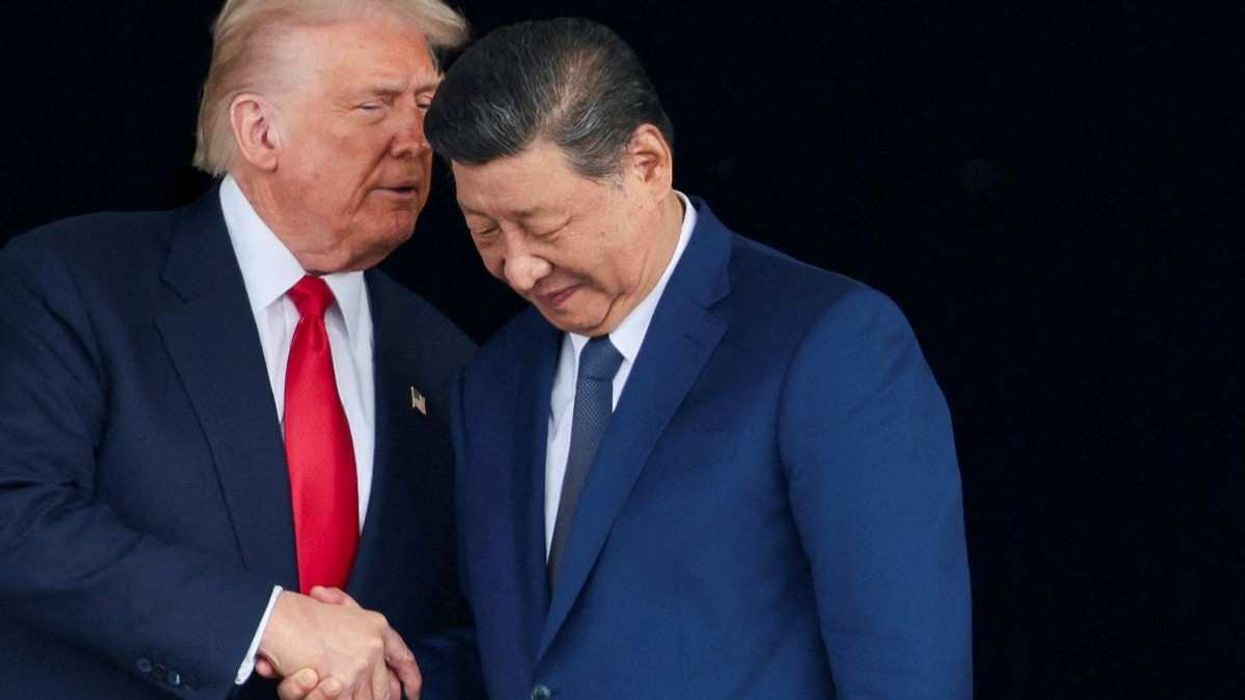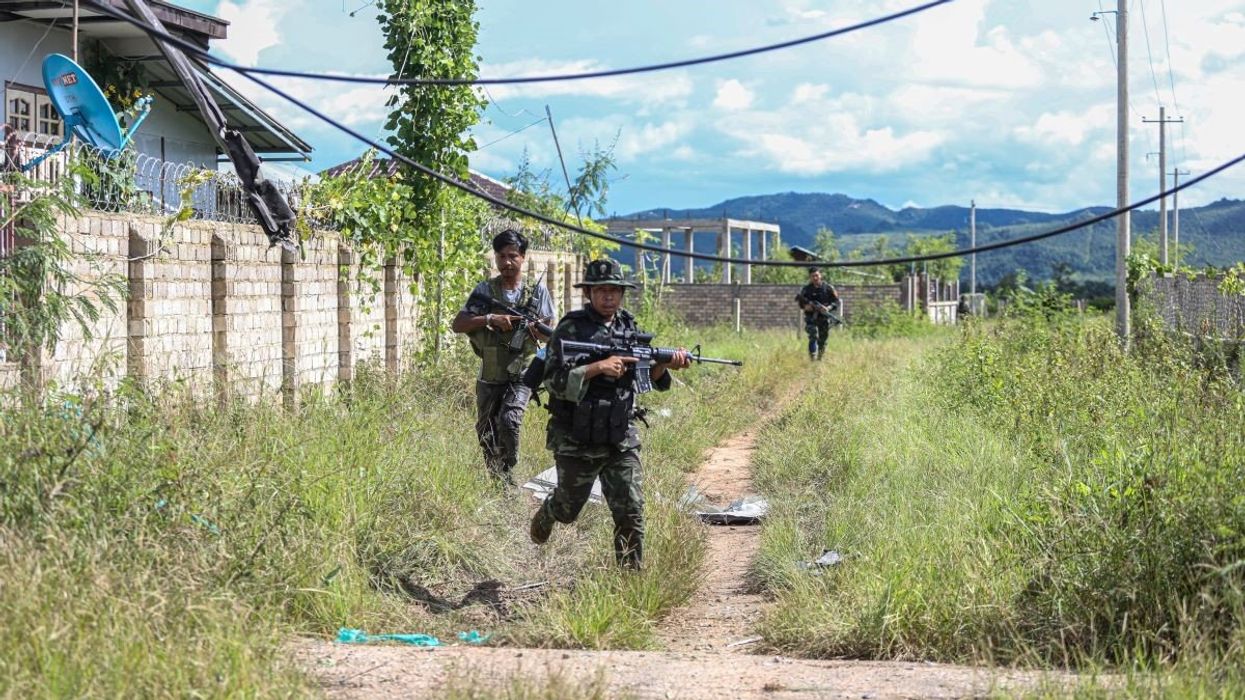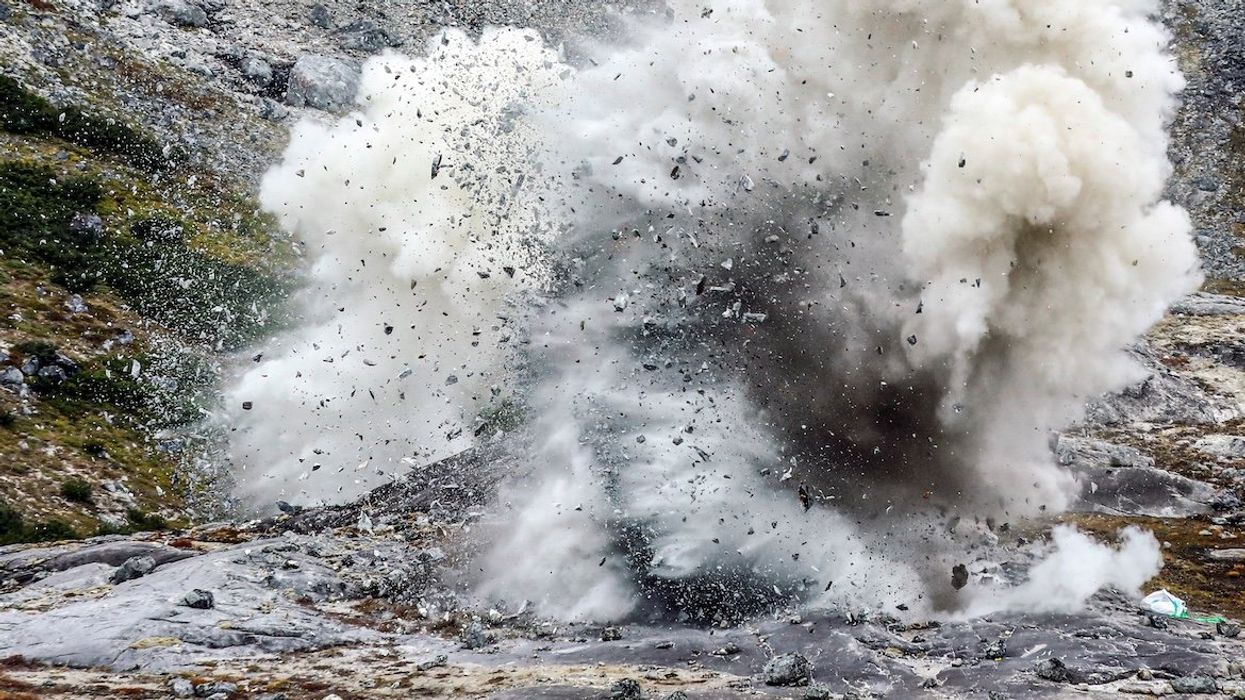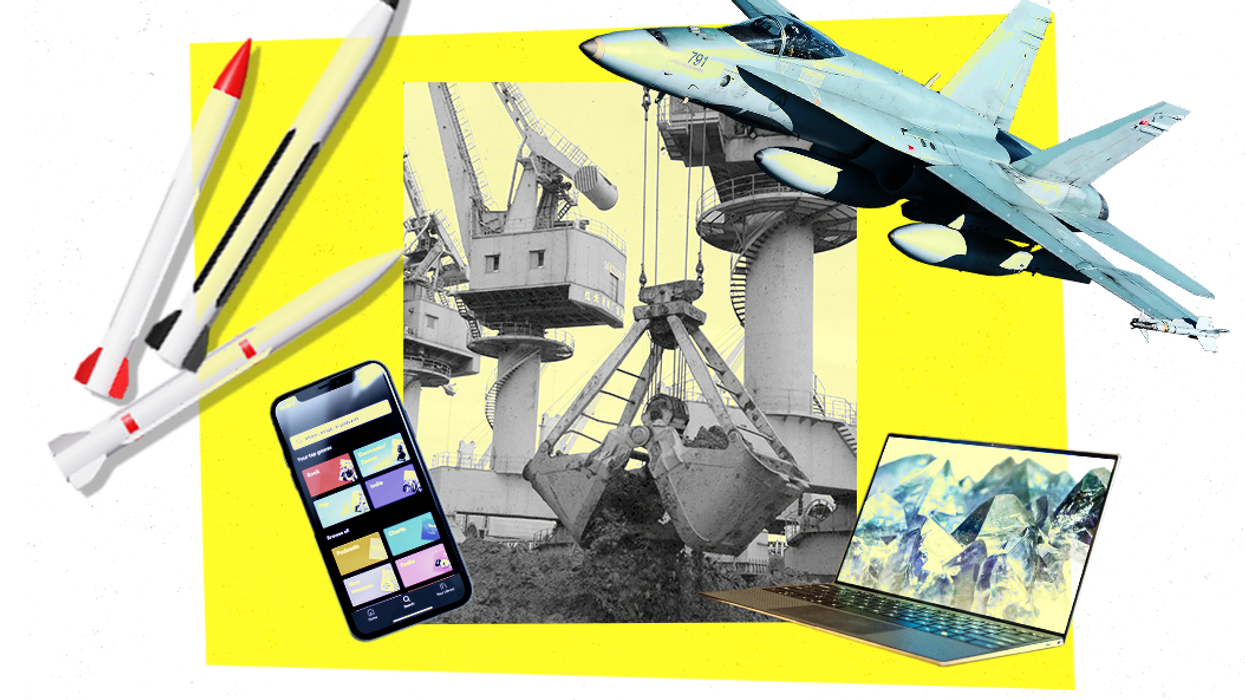Analysis
The gaps in the Trump-Xi trade truce
After months of escalating tensions, US President Donald Trump and Chinese President Xi Jinping reached a trade truce at their meeting in South Korea on Thursday. Several long-term issues remain unresolved, though.
Oct 30, 2025





